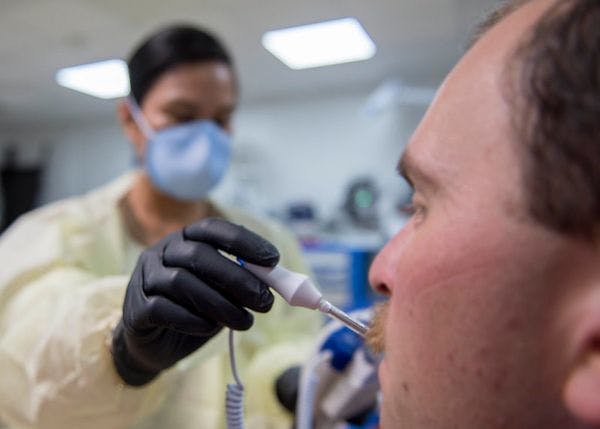Flickr - Dylan Murakami
10 lessons from HIV for the COVID-19 response
Societies facing pandemics move through a version of Kübler-Ross’s famous stages of grief—denial, anger, depression, and so on. As the world moves from lockdown to living uneasily with this new coronavirus, here are 10 lessons we can learn from a pandemic we have lived with longer: HIV.
The search for origins may cloak bad-faith and divisive impulses
Whether labeling it the Chinese virus (President Trump), the Wuhan virus (Singapore), a creation of the U.S. Department of Defense (China), or a plot by Bill Gates (multiple conspiracy theorists), most discussions of viral origins fuel resentment rather than scientific insight.
With AIDS, for example, mistaking those among whom the disease was first detected —homosexuals, Haitians, hemophiliacs, and heroin addicts, or the so-called “4-H club” —as the only ones at risk delayed effective response and encouraged discrimination. Scientists should investigate animal-to-human transmission and national origins. Policymakers should focus more on effective pandemic response.
Think harm reduction, not risk elimination
Communities hit by HIV learned to think in terms of “safer” rather than safe, and to make choices that allowed people to continue activities essential to life—having sex, using drugs, conceiving children—while minimizing risk. COVID-19 will similarly require a risk reduction approach, accurate information, and tools for people to reduce infection—not denialism, politicization of prevention, or the expectation of absolute safety.
